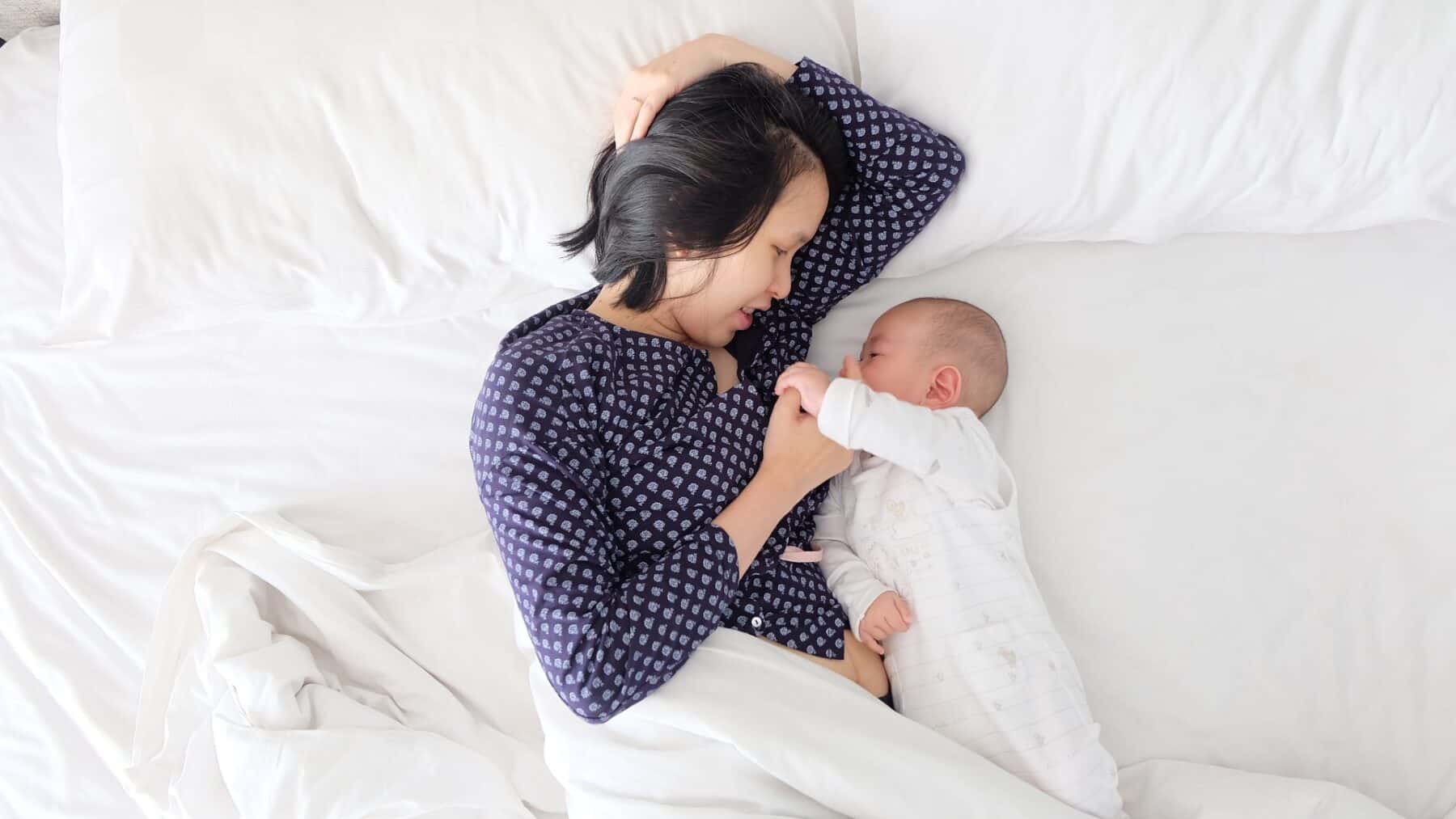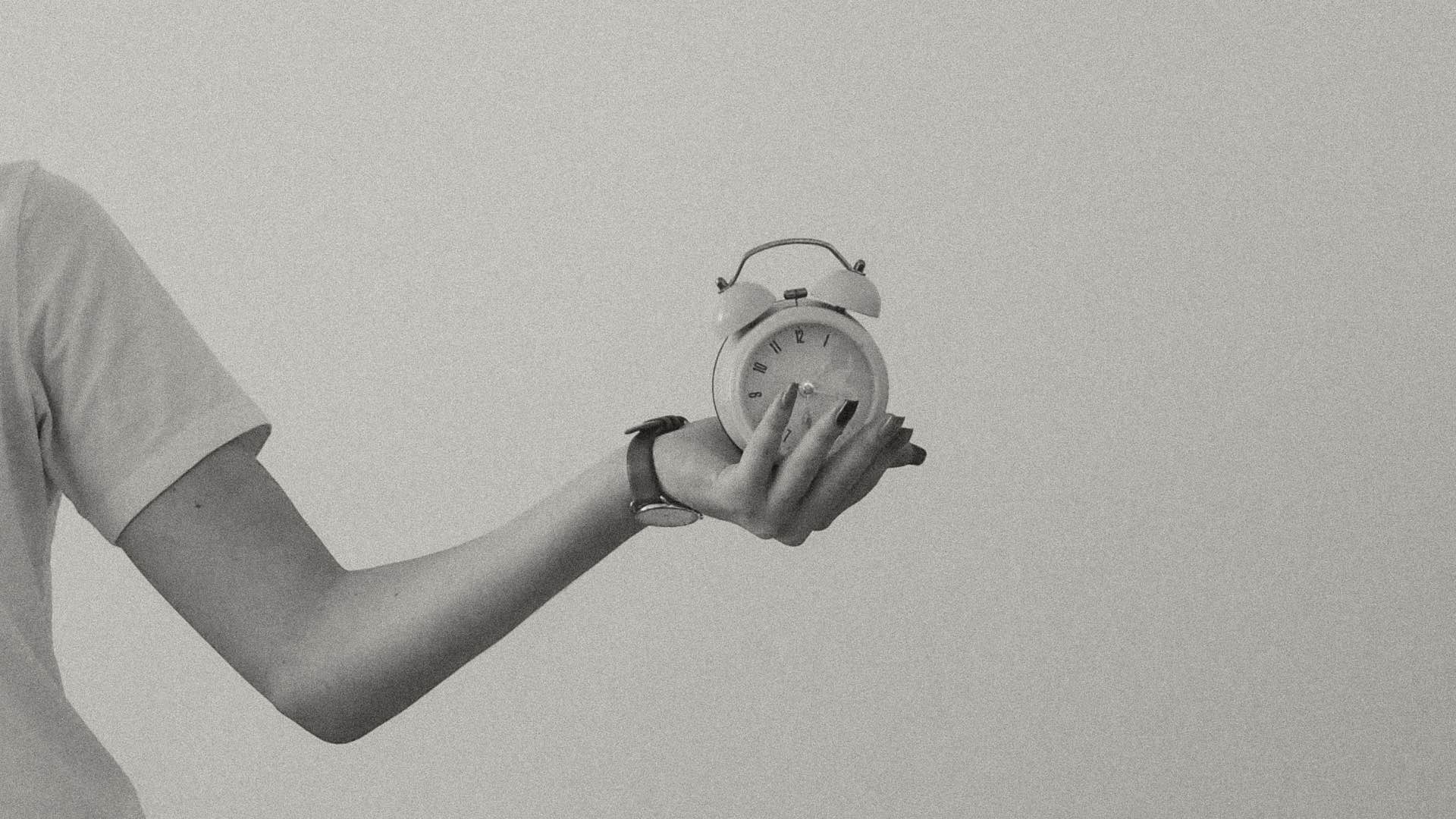Tempted to hit the snooze button when your morning alarm goes off? Research suggests that could be a smart idea for your health—especially if you’re a woman.
All adults need at least 7 hours of high-quality sleep every day to stay energized, maintain their immune system, and help the body heal itself. However, research suggests that women may need slightly more sleep than men for optimal health.
From hormone changes to lifestyle changes, there are several factors that may cause some women to need more sleep than men. In this article, we’ll unpack decades of sleep science to show you how much sleep women need, why they might need more sleep than men, and tips for a better night’s rest—regardless of gender.
How Much Sleep Do Women Need?
Adult women should get 7-9 hours of sleep each night, according to the U.S. Department of Health. However, women’s sleep needs can vary depending on factors such as age, hormones, lifestyle habits, and medical conditions.
Despite these recommendations, 27.2% of adult women sleep fewer than 7 hours per night, according to a 2022 study by the CDC.
Missing out on an hour of sleep might not seem like the end of the world. But over time, falling short of your daily sleep recommendation may affect your memory, metabolism, stress levels, physical fitness, and overall quality of life, according to Cleveland Clinic.
Do Women Need More Sleep Than Men?

The short answer is yes: research suggests that, on average, women need more sleep than men to maintain their mental and physical health. Here are seven biological and physiological reasons some women need more sleep than men.
Hormone Levels
Women’s sex hormones, including estrogen and progesterone, play a key role in sleep patterns. A 2021 review found a strong correlation between changes in hormone levels and sleep disturbances.
For example, when hormonal changes occur during puberty, adolescent women are nearly three times more likely than adolescent boys to develop insomnia.
Menstruation
Women’s sleep patterns undergo changes throughout the different stages of the menstrual cycle, which consists of two primary phases: the follicular phase and the luteal phase.
The luteal phase, occurring after ovulation and preceding menstruation, is associated with the majority of sleep disturbances during the menstrual cycle. This phase is characterized by an increase in progesterone levels followed by a sharp decline. During this period, some women may experience the following:
- Difficulty falling asleep (onset insomnia)
- Frequently waking up during sleep
- Reduced sleep quality and efficiency
- Symptoms of premenstrual syndrome (PMS)
Women who experience PMS often report having more unpleasant dreams, waking up during the night, feeling tired upon waking in the morning, and experiencing heightened mental activity during nighttime compared to women who do not have PMS. Additionally, women with PMS are more likely to report insomnia, migraines, and daytime sleepiness.
Pregnancy
68% of pregnant women report having altered sleep patterns, according to Frontiers in Neuroscience. Pregnancy triggers hormonal changes throughout the different trimesters, causing increased fatigue and drowsiness.
Pregnant women also report waking up in the middle of the night, difficulty falling asleep, and symptoms of sleep apnea.
Menopause
During menopause, women’s estrogen, progesterone, and estradiol levels begin to decline. This can lead to hot flashes and night sweats, which cause nighttime awakenings that disrupt a good night’s sleep. In fact, postmenopausal women have the highest rate of insomnia in the United States, according to a study from 2019.
Higher Risk of Sleep Disorders
Women are 40% more likely to have insomnia than men, according to a 2014 review in the Journal of Women’s Health. Women are also more likely than men to develop sleep apnea and twice as likely to experience restless leg syndrome (RLS), both of which negatively affect women’s sleep quality.
Sleep Disruptions
A 2013 study found that women are more likely to have their sleep schedules interrupted for family caregiving and housework, necessitating more sleep time.
“Getting up to take care of others, a task disproportionately performed by women, is highly disruptive to sleep and may reduce overall sleep quality,” the study’s authors wrote. “Even an extra 30 minutes of sleep for mothers might not compensate for their greater likelihood of waking to provide care.”
Mental Health Conditions
Women are nearly twice as likely as men to be diagnosed with anxiety and depression, according to the Journal of Psychiatric Research. These two conditions are strongly associated with trouble falling asleep, staying asleep, and overall sleep quality.
How to Improve Your Sleep Hygiene
No matter what stage of life you’re in, here are five tips to get better sleep so you can feel energized and productive every day.
- Establish a consistent sleep schedule: Difficult as it might be, setting a routine for when you go to bed and when you wake up can help train your body and brain to get better sleep
- Address any underlying medical conditions: If you have any health concerns, talk to your doctor to see how they might be affecting your sleep habits before
- Watch what you eat and drink: Do your best to limit caffeine to earlier in the day. You should also avoid alcohol right before bed—even though it makes you feel sleepy, research shows it interferes with the quality of your sleep.
- Avoid blue light before bed: Blue light tricks your brain into thinking it’s daytime, which interferes with your circadian rhythm. Try to avoid your phone and TV screen for at least two hours before bed.
- Try to exercise daily: Regular exercise helps you fall asleep easier since it lowers stress and anxiety levels. Just make sure you don’t work out right before bed, since your endorphins will be surging.
At the end of the day, there’s no exact answer for whether women should sleep more than men (and for how much longer). That said, there are several biological, social, and psychological factors that may contribute to women needing more shut-eye.
